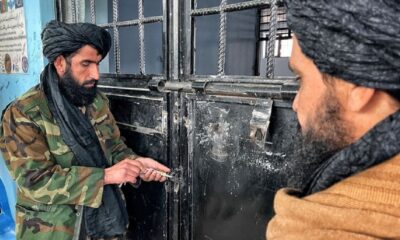Latest News
MSF withdraws from Dasht-e-Barchi after deadly attack on maternity ward
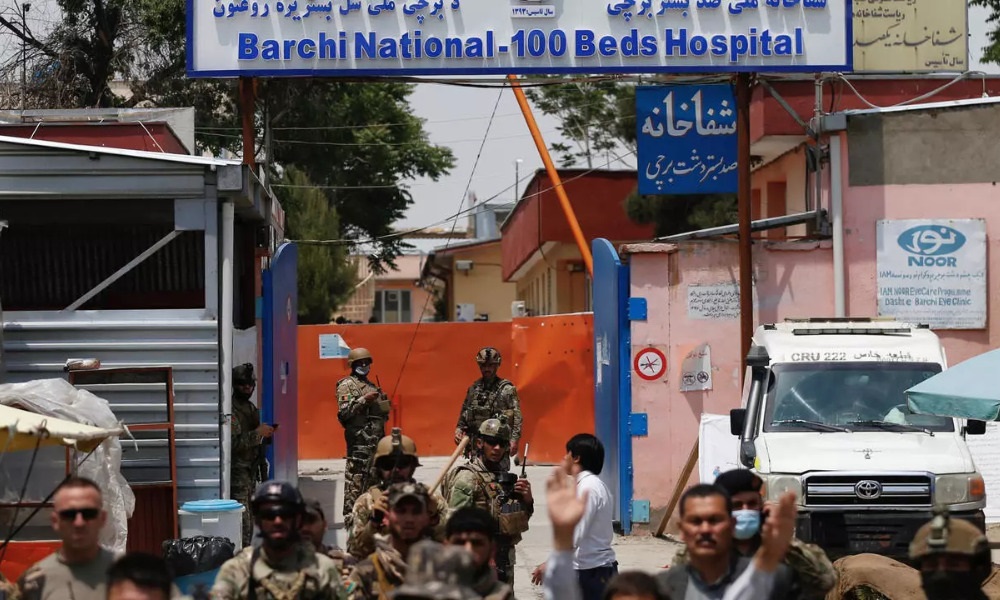
The international medical humanitarian organization Doctors Without Borders/Médecins Sans Frontières (MSF) announced that it has decided to end activities and withdraw from Dasht-e-Barchi hospital in Kabul, the MSF said.
In a statement released on June 15, the organization said that the decision was taken following the brutal attack on our maternity wing on 12 May, in which 16 mothers were systematically shot dead. An MSF midwife, two children aged 7 and 8, and six other people present at the time of the attack were also killed.
Dasht-e-Barchi #Afghanistan – While we don’t know who was responsible for the attack, we know enough to realise that patients, health workers and humanitarian activity were targeted, and that similar attacks may occur again in the future.https://t.co/gsZc6NvPxG
— MSF International (@MSF) June 15, 2020
“The decision comes with the understanding that while no information has emerged about the perpetrators or motive of the assault, mothers, babies, and health staff were the deliberate targets of the attack and that similar attacks may occur in the future,” the organization said.
“We have to accept reality… to remain would mean to factor in such loss of human lives as a parameter of our activity, and this is unthinkable,” said Thierry Allafort-Duverger, MSF Director-General.
“We were aware that our presence in Dasht-e-Barchi carried risks, but we just couldn’t believe that someone would take advantage of the absolute vulnerability of women about to give birth to murder them and their babies,” says Thierry Allafort-Duverger, MSF Director-General. “But it did happen.”
“Today, we have to accept reality: higher walls and thicker security doors won’t prevent such horrific assaults from happening again,” says Allafort-Duverger. “To remain would mean to factor in such loss of human lives as a parameter of our activity, and this is unthinkable.”
MSF further said that it was looking into ways to support local initiatives aimed at improving access to healthcare as the security conditions have forced the organization to withdraw from Dasht-e-Barchi.
The end of MSF’s activities in the maternity wing of Dasht-e-Barchi hospital is a necessary but painful decision, fraught with consequences for more than one million people who live in the area. Most of them are from the Hazara community, a historically marginalized and poor population, many of whom were displaced by decades of conflict.
Médecins Sans Frontières withdraws from Dasht-e-Barchi.
Following the brutal attack of 12 may, which killed 16 mothers and a midwife, @MSF has announced today its decision to end activities and withdraw from Dasht-e-Barchi in Kabul.
(1/3)
— MSF Afghanistan (@MSF_Afghanistan) June 15, 2020
MSF has been working in Dasht-e-Barchi in collaboration with the Ministry of Public Health since November 2014, providing free-of-charge maternity and neonatal care in one of the most densely populated areas of Kabul.
Latest News
Khalilzad: Another US citizen to be released from Afghan custody soon
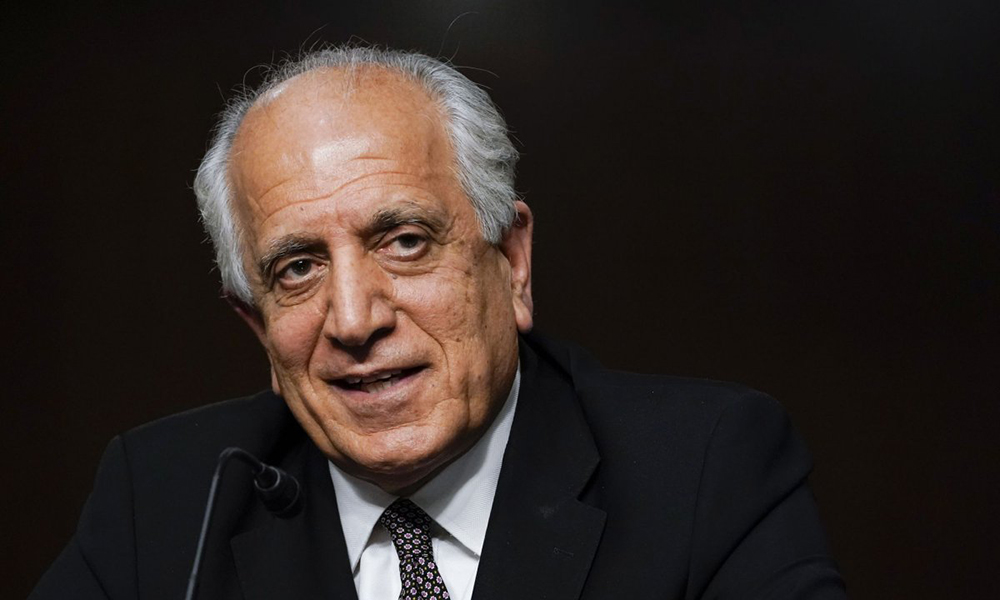
Zalmay Khalilzad, the former U.S. Special Representative for Afghanistan, has announced the release of another American citizen in the country.
Khalilzad said in a post on his X account that, according to information from the Islamic Emirate’s Ministry of Foreign Affairs, Faye Dai Hall, an American citizen who has been in custody in Afghanistan, will be released soon.
Earlier, George Glezmann, an American citizen whom the Islamic Emirate had held for over two years, was also released.
Latest News
About $80 billion worth of US military equipment abandoned in Afghanistan: Vance

US Vice President JD Vance said on Friday that Joe Biden administration left about $80 billion worth of military equipment in Afghanistan, which was a “catastrophic error.”
Vance made the remarks during a visit to a military base in Greenland.
He also said the Biden administration’s “catastrophic error” led to the deaths of 13 US soldiers in an attack during the evacuation at Kabul airport in August 2021.
Earlier, US President Donald Trump also criticized the abandonment of military equipment in Afghanistan and called for its return.
The Islamic Emirate, however, has said that the weapons left by the US in Afghanistan belong to the Afghans and will not be returned.
Latest News
IEA frees over 2,400 prisoners on the occasion of Eid
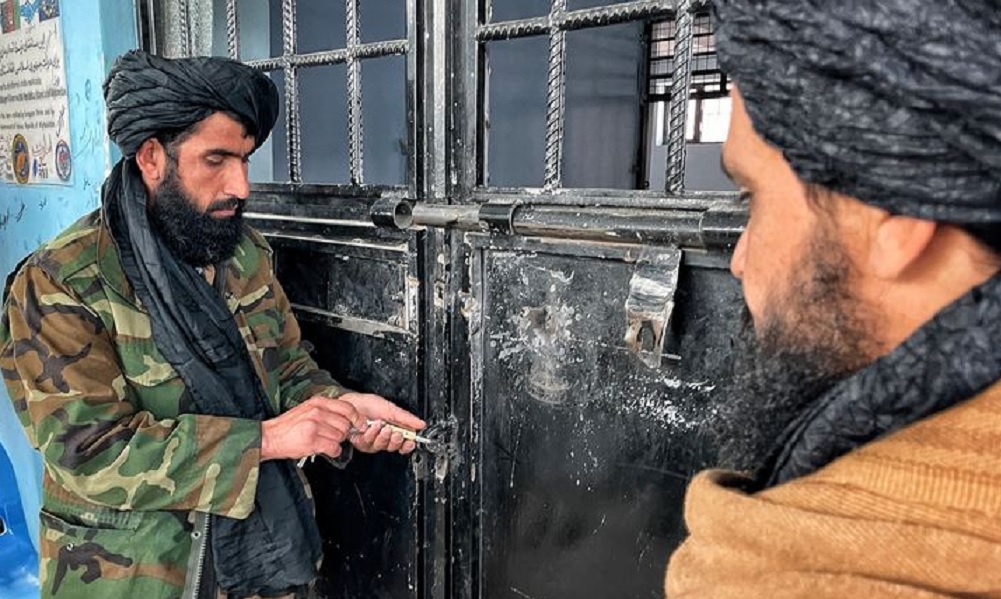
The Supreme Court announced on Saturday that based on the ruling of the supreme leader of the Islamic Emirate, 2,463 prisoners have been pardoned and released on the occasion of Eid al-Fitr.
The court said in a statement that the prison terms of another 3,152 prisoners have been reduced.
Eid in Afghanistan will be celebrated on Sunday or Monday, depending on the moon sighting.
-

 International Sports5 days ago
International Sports5 days agoIPL 2025: Last over drama; Ashutosh Sharma clinches win for Delhi Capitals
-
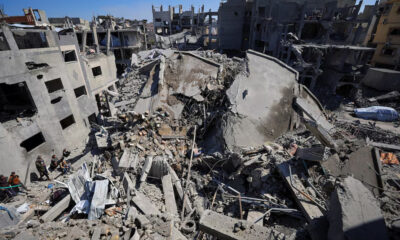
 Regional5 days ago
Regional5 days agoEgypt makes new proposal to restore Gaza truce as Israeli strikes kill 65
-

 Sport4 days ago
Sport4 days agoAfghanistan eliminated from Asian Beach Soccer Championship
-
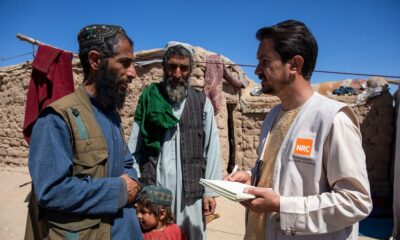
 Latest News4 days ago
Latest News4 days agoNorwegian Refugee Council cuts back on essential humanitarian services in Afghanistan
-
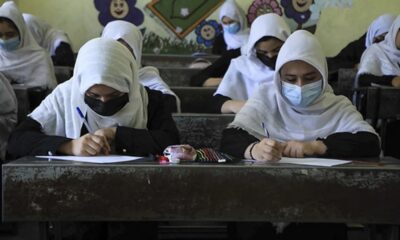
 Latest News4 days ago
Latest News4 days agoUN warns over 4 million Afghan girls will be deprived of education by 2030 if ban continues
-

 World4 days ago
World4 days agoSecretive Chinese network tries to lure fired US federal workers, research shows
-
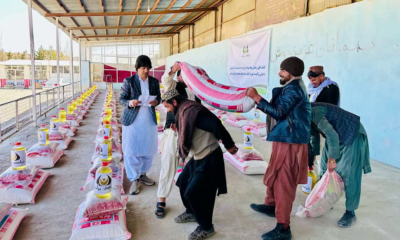
 Latest News4 days ago
Latest News4 days agoDozens of needy families in Ghazni get much needed food aid from Bayat Foundation
-

 Sport4 days ago
Sport4 days agoAFC Asian Cup 2027 Qualifiers: Myanmar defeat Afghanistan 2-1








